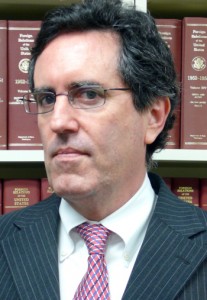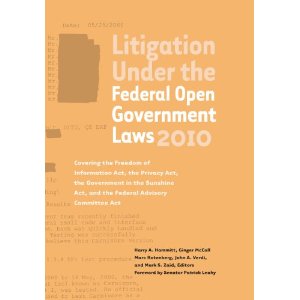
CS Note: Lightly reformatted by text unchanged and nothing added
Can the United States move beyond the narcissism of 9/11?
The unity brought about by the tragedy was intense but fleeting. The war on terror has been disastrous abroad and divisive at home
Gary Younge, guardian.co.uk, Sunday 4 September 2011 18.00
In the immediate aftermath of the September 11 attacks the then national security adviser, Condoleezza Rice, called in her senior staff and asked them to think seriously about “how [to] capitalise on these opportunities”.
The primary opportunity came from a public united in anger, grief and fear which the Bush administration sought to leverage to maximum political effect. “I think September 11 was one of those great earthquakes that clarify and sharpen,” Rice told the New Yorker six months afterwards. “Events are in much sharper relief.”
Ten years later the US response to the terror attacks have clarified three things:
- the limits to what its enormous military power can achieve,
- its relative geopolitical decline and
- the intensity of its polarised political culture.
It proved itself
- incapable of winning the wars it chose to fight and
- incapable of paying for them and
- incapable of coming to any consensus as to why.
The combination of domestic repression at home and military aggression abroad kept no one safe, and endangered the lives of many. The execution of Osama bin Laden provoked such joy in part because almost every other American response to 9/11 is regarded as a partial or total failure.
Read original online–safety copy below the line.
Continue reading “Chuck Spinney: Can USA Move Beyond 9/11 Pathology?”






